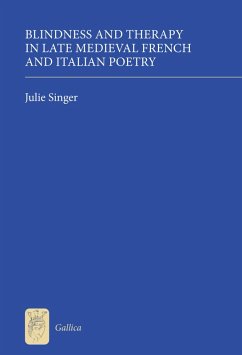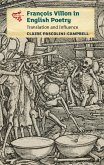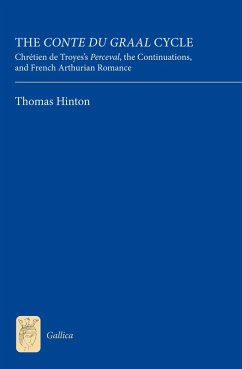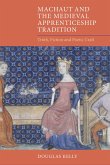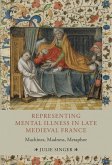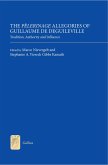An examination of the ways in which late medieval lyric poetry can be seen to engage with contemporary medical theory.
This book argues that late medieval love poets, from Petrarch to Machaut and Charles d'Orléans, exploit scientific models as a broad framework within which to redefine the limits of the lyric subject and his body. Just as humoraltheory depends upon principles of likes and contraries in order to heal, poetry makes possible a parallel therapeutic system in which verbal oppositions and substitutions counter or rewrite received medical wisdom. The specific case of blindness, a disability that according to the theories of love that predominated in the late medieval West foreclosed the possibility of love, serves as a laboratory in which to explore poets' circumvention of the logical limits of contemporary medical theory. Reclaiming the power of remedy from physicians, these late medieval French and Italian poets prompt us to rethink not only the relationship between scientific and literary authority at the close of the middle ages, but, more broadly speaking, the very notion of therapy.
Julie Singer is Assistant Professor of French at Washington University, St Louis.
This book argues that late medieval love poets, from Petrarch to Machaut and Charles d'Orléans, exploit scientific models as a broad framework within which to redefine the limits of the lyric subject and his body. Just as humoraltheory depends upon principles of likes and contraries in order to heal, poetry makes possible a parallel therapeutic system in which verbal oppositions and substitutions counter or rewrite received medical wisdom. The specific case of blindness, a disability that according to the theories of love that predominated in the late medieval West foreclosed the possibility of love, serves as a laboratory in which to explore poets' circumvention of the logical limits of contemporary medical theory. Reclaiming the power of remedy from physicians, these late medieval French and Italian poets prompt us to rethink not only the relationship between scientific and literary authority at the close of the middle ages, but, more broadly speaking, the very notion of therapy.
Julie Singer is Assistant Professor of French at Washington University, St Louis.
Dieser Download kann aus rechtlichen Gründen nur mit Rechnungsadresse in A, D ausgeliefert werden.

